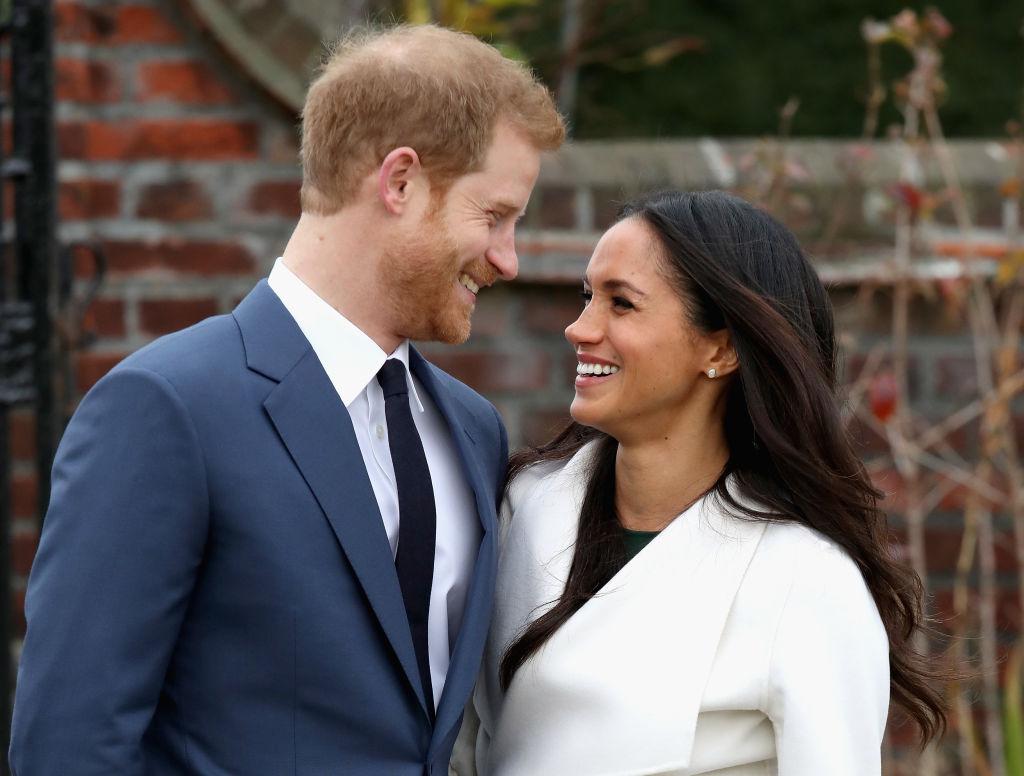Love at first sight doesn't actually exist, finds psychologists
Men are more likely to think they've fallen in love at first sight

Your support helps us to tell the story
From reproductive rights to climate change to Big Tech, The Independent is on the ground when the story is developing. Whether it's investigating the financials of Elon Musk's pro-Trump PAC or producing our latest documentary, 'The A Word', which shines a light on the American women fighting for reproductive rights, we know how important it is to parse out the facts from the messaging.
At such a critical moment in US history, we need reporters on the ground. Your donation allows us to keep sending journalists to speak to both sides of the story.
The Independent is trusted by Americans across the entire political spectrum. And unlike many other quality news outlets, we choose not to lock Americans out of our reporting and analysis with paywalls. We believe quality journalism should be available to everyone, paid for by those who can afford it.
Your support makes all the difference.“How did you know she was the one?” Prince Harry was asked in his engagement interview with his fiancée Meghan Markle.
“The very first time we met,” he replied.
Well that may have been the case but unfortunately the Prince was probably experiencing lust rather than anything else the first time he met his bride-to-be, because a study has proven once and for all that “love at first sight” doesn’t exist.
Psychologists at the University of Groningen in the Netherlands scientifically investigated the phenomenon to try and work out whether the common rom-com trope is real.
Disappointingly for the romantics amongst us, they concluded that what we often think is love at first sight is in fact more likely strong physical attraction.
Researchers conducted their study on 396 participants, roughly 60 per cent of whom were women, most were heterosexual and the vast majority were young Dutch and German students.
Via an online survey, participants were asked questions about their current romantic relationship (if they were in one).
They were then shown pictures of various strangers and asked to rate their attraction to them, noting any feelings of love, including intimacy, passion, commitment and “eros”, which is measured by statements such as: “I feel that the person and I were meant for each other”.
They were also asked whether they felt that they were “experiencing love at first sight.”
Two further studies were conducted which involved speed dating, where participants either spent 90 or 20 minutes getting to know each other. Again, they were asked their feelings for their potential partners.
Taking the results of all the tests into consideration, 32 participants (most of whom were men) described 49 experiences of love at first sight.
However this was strongly linked to finding the other person incredibly physically attractive - with every point increase on the five-point attraction scale, a participant was nine times more likely to report love at first sight.
But at the speed dating events, none of the instances of reported love at first sight was mutual.
“To conclude, our findings suggest that love at first sight reported at actual first sight resembles neither passionate love nor love more generally,” the researchers said.
They believe that what we think is love at first sight is in fact “a strong initial attraction that some label as ‘love at first sight’ – either retrospectively or in the moment of first sight.”
Interestingly, the participants who were in a relationship at the time of the study and believed they’d fallen in love with their partners at first sight reported higher levels of passion in their relationship than those who didn’t say they fell in love at first sight.
However it’s worth pointing out that all the situations in the study were contrived and not realistic.
With so many people swearing they’ve experienced love at first sight, this study may not put an end to hopeless romanticism. After all, if it happened for Harry and Meghan.
Join our commenting forum
Join thought-provoking conversations, follow other Independent readers and see their replies
Comments